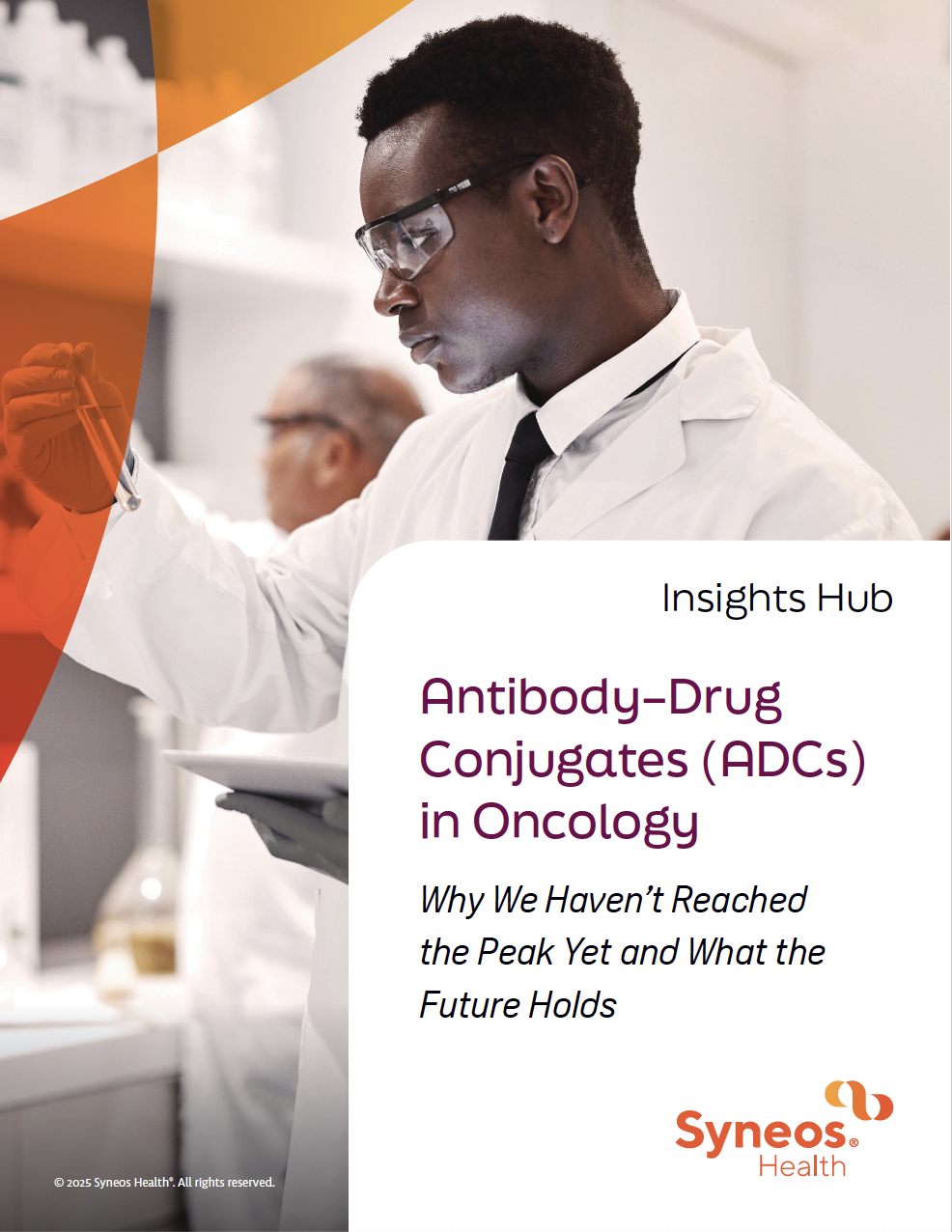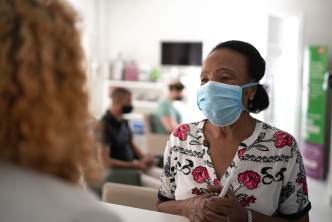Antibody-Drug Conjugates (ADCs) in Oncology: Why We Haven’t Reached the Peak Yet
Antibody-drug conjugates (ADCs) are rapidly shaping the future of oncology, combining targeted therapies with potent payloads to transform cancer treatment. Yet despite recent breakthroughs, many ADC programs still face challenges in biology, chemistry and clinical trial design. This white paper explores where ADC development stands today and what it will take to deliver next-generation success.
Inside, you’ll learn:
- Why ADCs continue to face obstacles in clinical development, including limited payload diversity, off-target toxicities and trial design challenges.
- How next-generation ADCs will drive oncology innovation through novel payloads, smarter linker chemistry and expanded tumor targets.
- The role of combination cancer therapies (e.g., ADCs with checkpoint inhibitors, TKIs and radiotherapy) in improving efficacy and durability.
- Why adaptive and biomarker-driven clinical trials are essential for advancing ADCs in precision oncology.
- How modular, platform-based ADC development can accelerate timelines and scalability in a competitive cancer drug pipeline.
- Syneos Health’s unique ability to integrate oncology clinical development and commercial strategy to bring breakthrough ADC therapies from lab to market.




